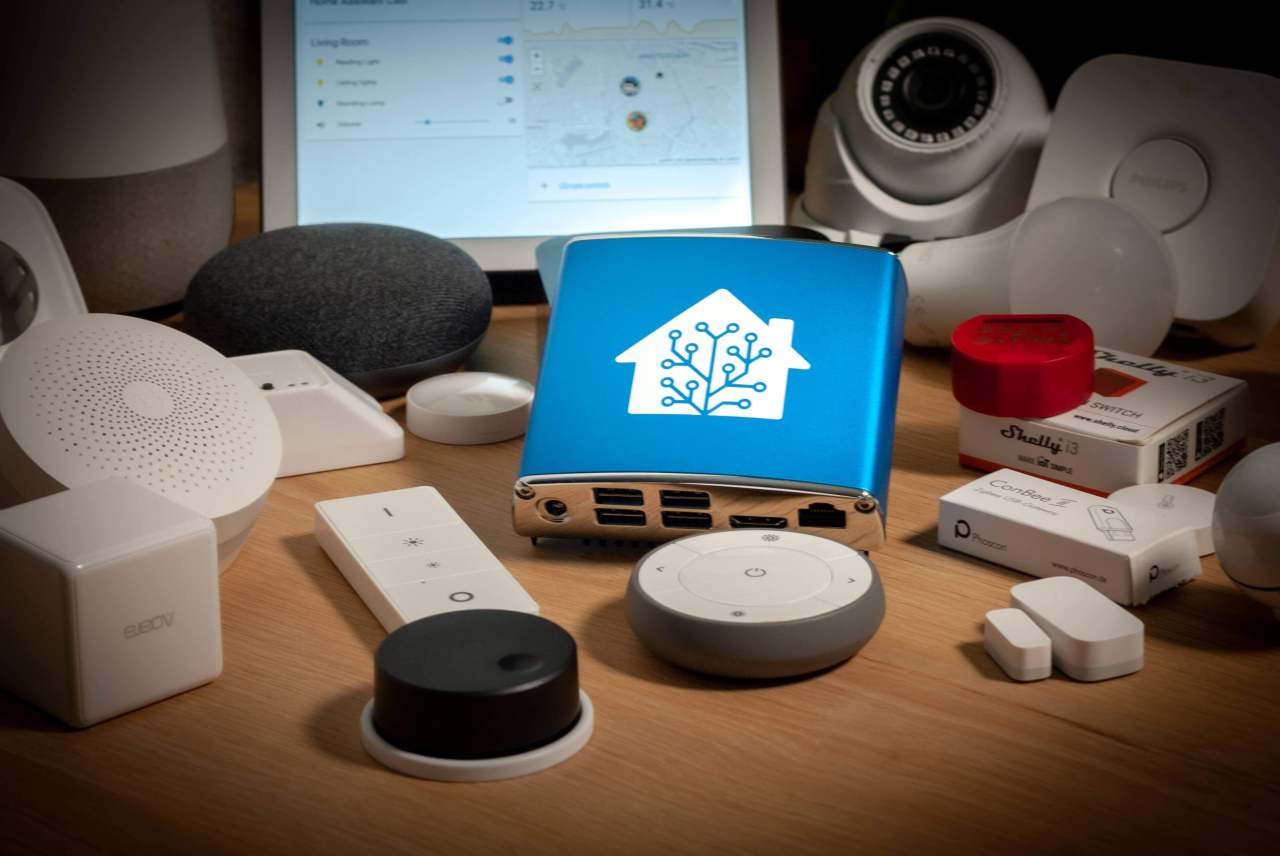Home automation is the automatic control of processes and devices which were previously manual, such as lights, heating and other appliances. Over the course of the 20th century this has meant everything from washing machines and dishwashers to the sci-fi vision of total-home automation of the 1960s (preferably without HAL-9000).
The benefits of home automation may not yet have been fully realised, but it is increasingly possible to optimise your heating systems to use less energy, to monitor your home environment and make adjustments accordingly, and to control various appliances both for greater convenience and energy efficiency.
At the centre of the home automation system is the control system which links devices like movement or occupancy sensors to your heating system or lights, and allows you to set timers and schedules for anything from a coffee machine to electric vehicle charger through one centrally managed interface.
What to look for when choosing an eco home automation systems
A wide range of systems exist, including those from global tech giants, and it is important to look closely at the details behind the marketing.
When choosing a control system, or home automation devices, there are a few key questions which can help steer you in the right direction:
- High on the list is interoperability. Choosing a system which works with the devices you own, or plan to purchase is vital. Choosing an open-source system can help to avoid being locked into a proprietary set of devices or losing support in the future if the manufacturer goes out of business.
- Privacy and security are something else to bear in mind. Whilst cloud-based systems, such as those created by Google and Amazon, offer ease of use, they often come at the expense of privacy, with a constant stream of personal information being relayed to company servers. Locally-hosted alternatives often require more effort to set-up but provide security in the knowledge that your personal data will remain within the confines of your home network.





